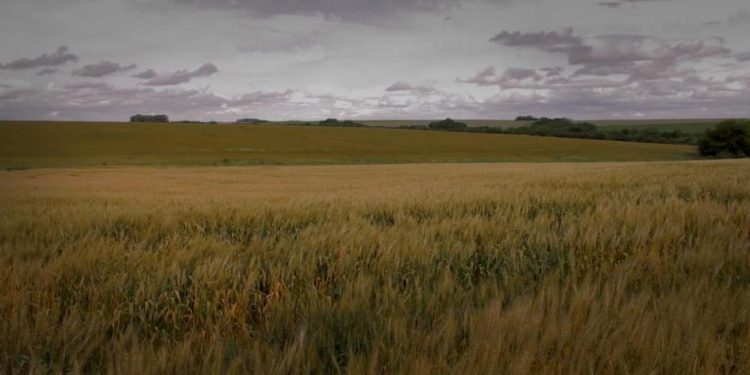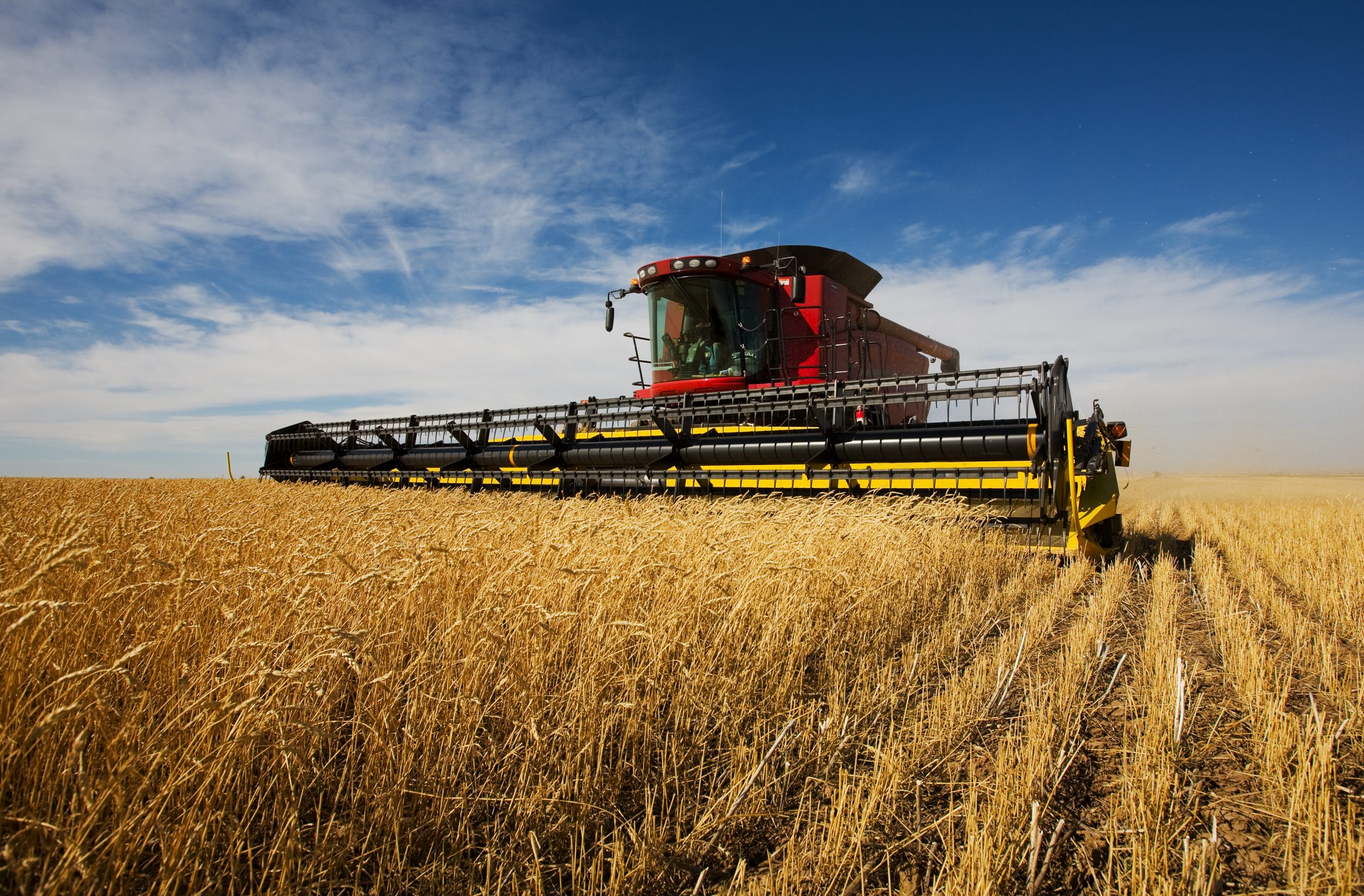Highlighting the Importance of Soil Conservation and Sustainable Agricultural Practices
On July 7th, the world celebrated the International Day of Soil Conservation, emphasizing the crucial role of soil care and the implementation of good agricultural practices in advancing the sustainability of productive systems.
The Directorate General of Natural Resources (DGRN – MGAP) underscored a series of recommendations aimed at minimizing the impact of agricultural activities on soils, thereby reducing degradation.
Addressing Soil Compaction: The harvesting period witnessed high soil moisture levels, necessitating careful attention to soil compaction, which can lead to erosion. Correcting soil compaction is essential for preparing the soil for the next crop cycle.
Managing Slopes: Given the diverse agricultural conditions (soil types, moisture levels, machinery types, etc.), it is crucial to avoid transit along the steepest slopes to prevent soil erosion and degradation.
Crop Planting: It is recommended to plan the planting of high-yield or cover crops to swiftly protect the soil and enhance its fertility.
These actions, along with the adherence to and implementation of Soil Use Plans, constitute key agricultural practices for sustainable soil management.
Soil Conservation Policies: To promote soil care and conservation, the MGAP has developed various policies and activities, including:
- Soil Use and Responsible Management Plans (for dryland farming, dairy, and irrigation agriculture).
- Soil mapping at a scale of 1:40,000, facilitating quality information for decision-making and land planning.
- Participation in international agreements such as the Global Soil Partnership and the International Black Soil Network underscores the commitment to global soil conservation efforts.





